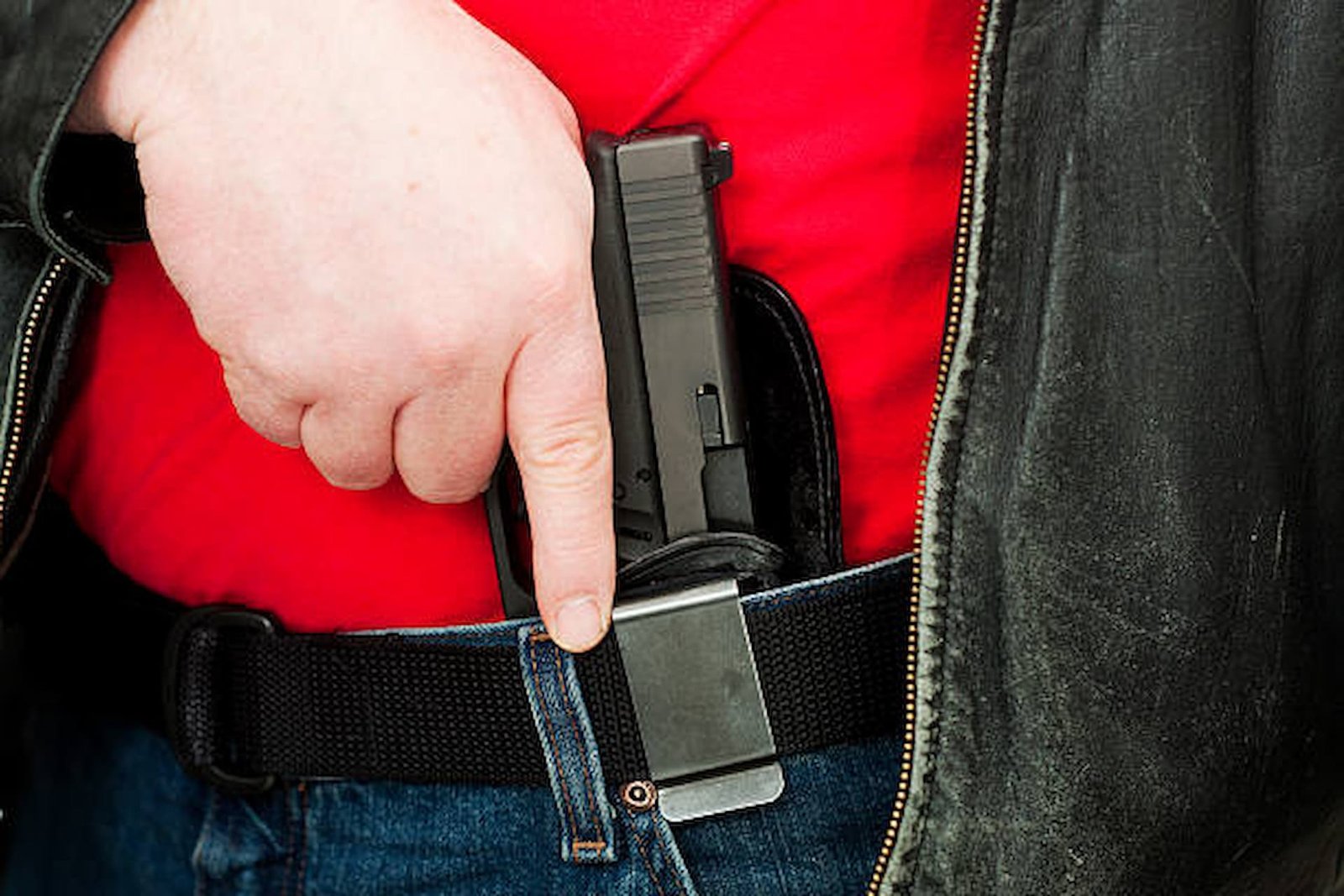Key Takeaways:
- Belly bands provide a comfortable and versatile option for concealed carry.
- Proper fit and positioning are essential for comfort and accessibility.
- Materials, adjustments, and clothing choices can enhance your carrying experience.
Table of Contents:
- Introduction
- Understanding the Concealed Carry Belly Band
- Ensuring the Right Fit
- Optimal Positioning for Accessibility
- Choosing the Right Material
- Clothing Considerations
- Adjusting to Your Lifestyle
- Conclusion
Introduction
For individuals who carry firearms, achieving a balance between comfort and concealment is of utmost importance. A concealed carry belly band offers a practical solution that accommodates various body types and clothing styles, making it an appealing choice for many. Correctly understanding and employing the best practices for wearing a belly band can significantly enhance the safety and comfort of carrying a concealed weapon. This comprehensive guide covers the essential aspects of effectively utilizing a belly band holster, providing valuable insights and tips for an optimal carrying experience.
Understanding the Concealed Carry Belly Band
The concealed carry belly band is a holster style renowned for its versatility and user-friendly design. Crafted from elastic materials, the band wraps around your torso, providing a secure means of carrying your firearm. Its adjustability is a standout feature, allowing it to adapt comfortably to various body shapes and sizes. This adaptability means the band can be worn under multiple types of clothing, from casual to athletic, enhancing its appeal for everyday use. Unlike traditional holsters that rely on clips or belts, belly bands offer a more unobtrusive option, keeping your firearm securely in place while maintaining comfort throughout the day.
Ensuring the Right Fit
Achieving the perfect fit with your belly band is crucial to its effectiveness and comfort. Begin by measuring your torso to ensure the band fits snugly without being overly tight or loose. A well-fitting band prevents any shifting or movement that could compromise concealment. Adjusting the band to your body is essential, considering factors like posture and activity level. This minimizes printing and ensures that your firearm remains accessible when you need it most. Look for belly bands with multiple adjustment points, as these can be tailored to fit various torso sizes, offering a customized and secure fit for different body types.
Optimal Positioning for Accessibility
Where you position the belly band on your torso plays a significant role in both comfort and ease of access. Some prefer wearing the band high on the abdomen, while others opt for a lower position around the hips. Experimentation can determine which position best satisfies your carry needs and enhances ease of access. Practice drawing from different positions to ensure competence and speed, focusing on smooth, uninterrupted motions. The ability to quickly and efficiently access your firearm can be crucial in an emergency, making positioning a key component of your belly band experience.
Choosing the Right Material
Material selection can have a substantial impact on comfort and durability. Belly bands made from breathable, moisture-wicking fabrics can significantly enhance comfort, especially during extended wear or in warm climates. Ensuring your band has sufficient elasticity is also vital, as it allows movement without sacrificing security or fit. Quality materials contribute to the longevity of your belly band, ensuring it withstands regular use without degrading over time. Investing in a high-quality band can mean the difference between a successful and unsuccessful carrying experience, as superior materials directly affect how the band functions in everyday scenarios.
Clothing Considerations
Pairing your clothing choices with your belly band can significantly enhance the overall efficacy of concealment. Opt for looser-fitting outfits that mask the outline of your firearm, reducing the risk of printing. Layers can be particularly beneficial, adding additional coverage and flexibility. When choosing athletic or form-fitting clothing, ensure it’s compatible with your belly band, allowing movement and access without obstruction. Properly matched attire contributes to adequate concealment and enhances comfort and practicality, integrating seamlessly with your preferred style while providing the necessary discretion.
Adjusting to Your Lifestyle
Your choice of a belly band holster should align with your everyday habits and activities. Whether engaging in vigorous exercise, attending professional meetings, or managing daily chores, your carry equipment must adapt without interfering. Consider how your chosen belly band can integrate into your routines to maintain comfort and security. Regular practice with the holster—testing it in various situations—will ensure it suits your lifestyle, offering you the flexibility and reliability you need from a concealed carry solution. A belly band that aligns with your daily life adds convenience and peace of mind, enabling continuous protection without disruption.
Conclusion
Mastering a concealed carry belly band involves attention to detail and dedication to practice. By focusing on the key areas of fit, positioning, material choice, and clothing compatibility, you can maximize your carrying experience’s comfort and effectiveness. Adapting these practices to your unique lifestyle ensures you maintain discretion and accessibility, enhancing your confidence and preparedness. As you integrate these strategies into your routine, you’ll find that wearing a belly band becomes an intrinsic part of your personal security strategy—one that blends seamless protection with everyday life.





